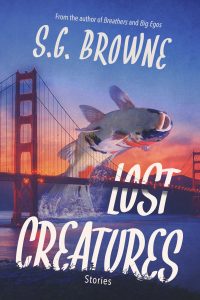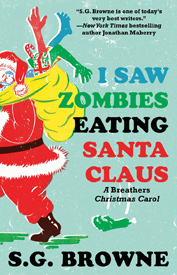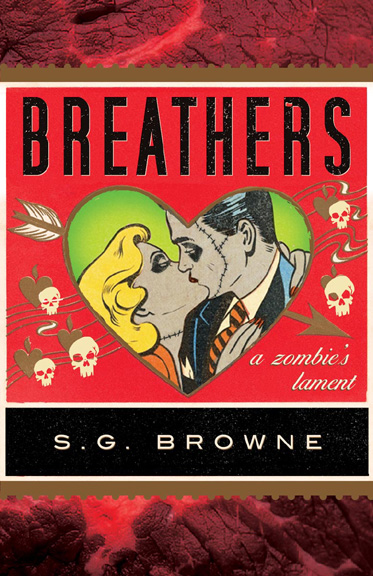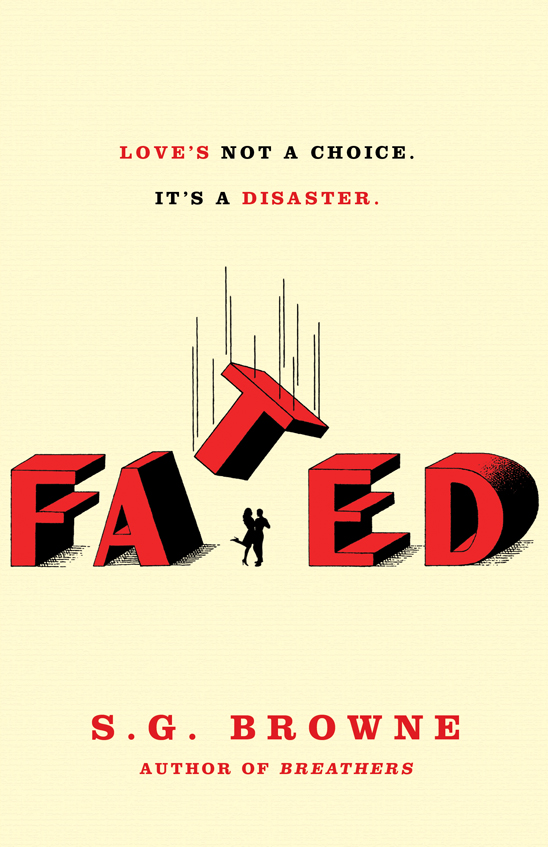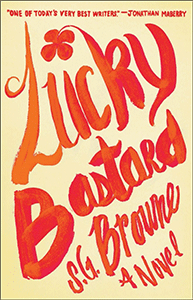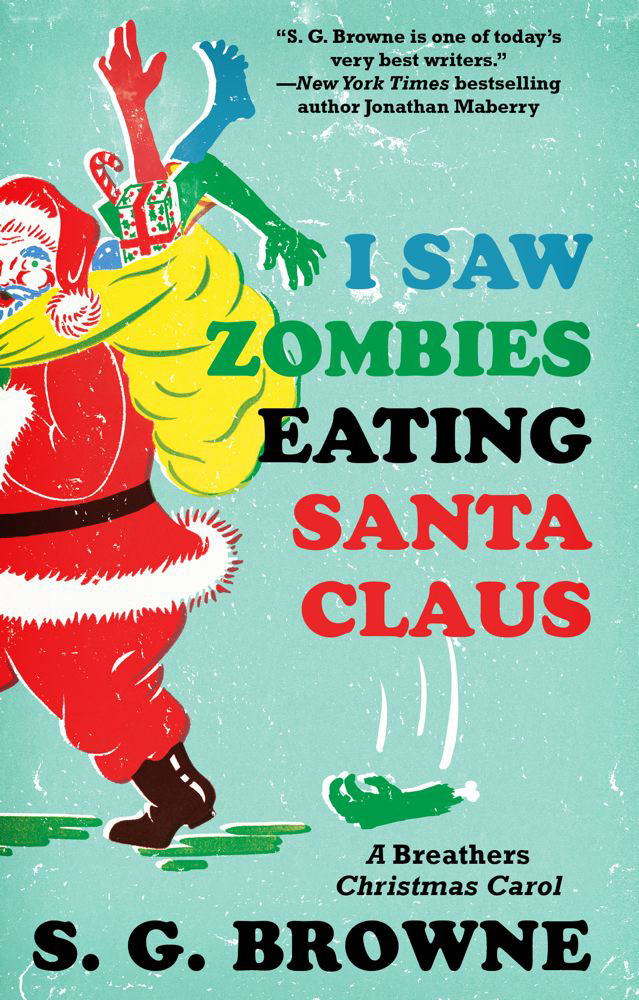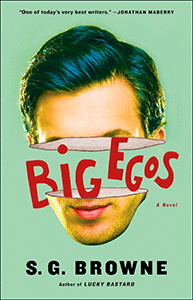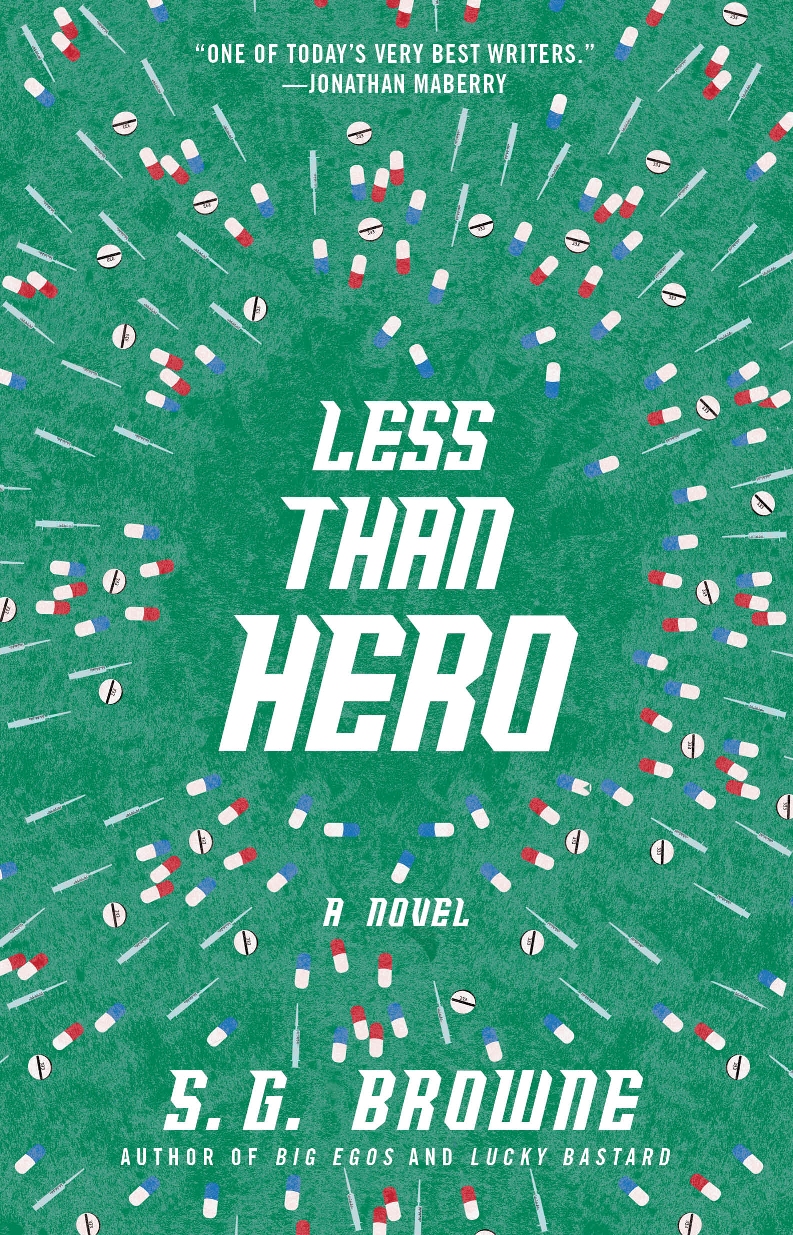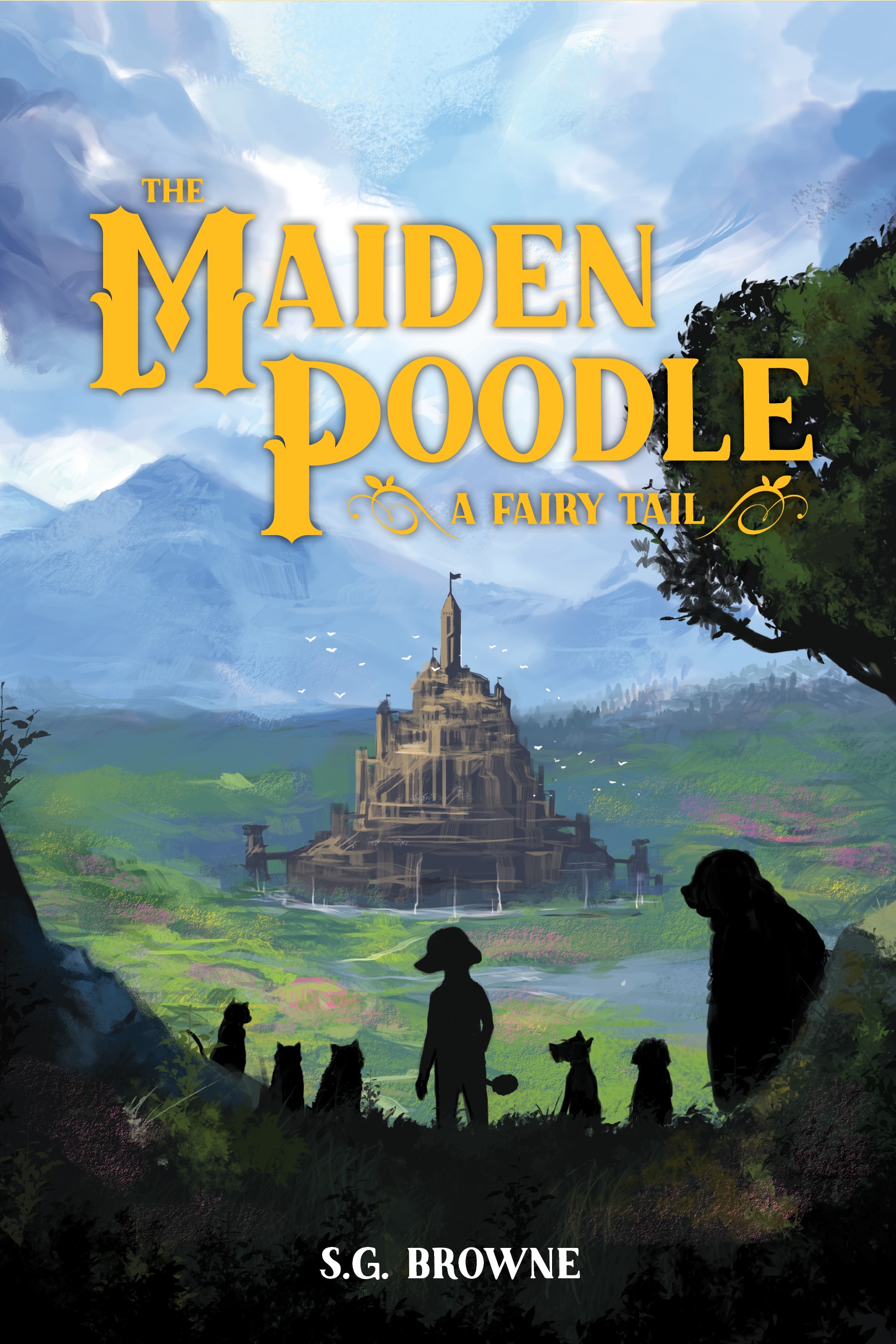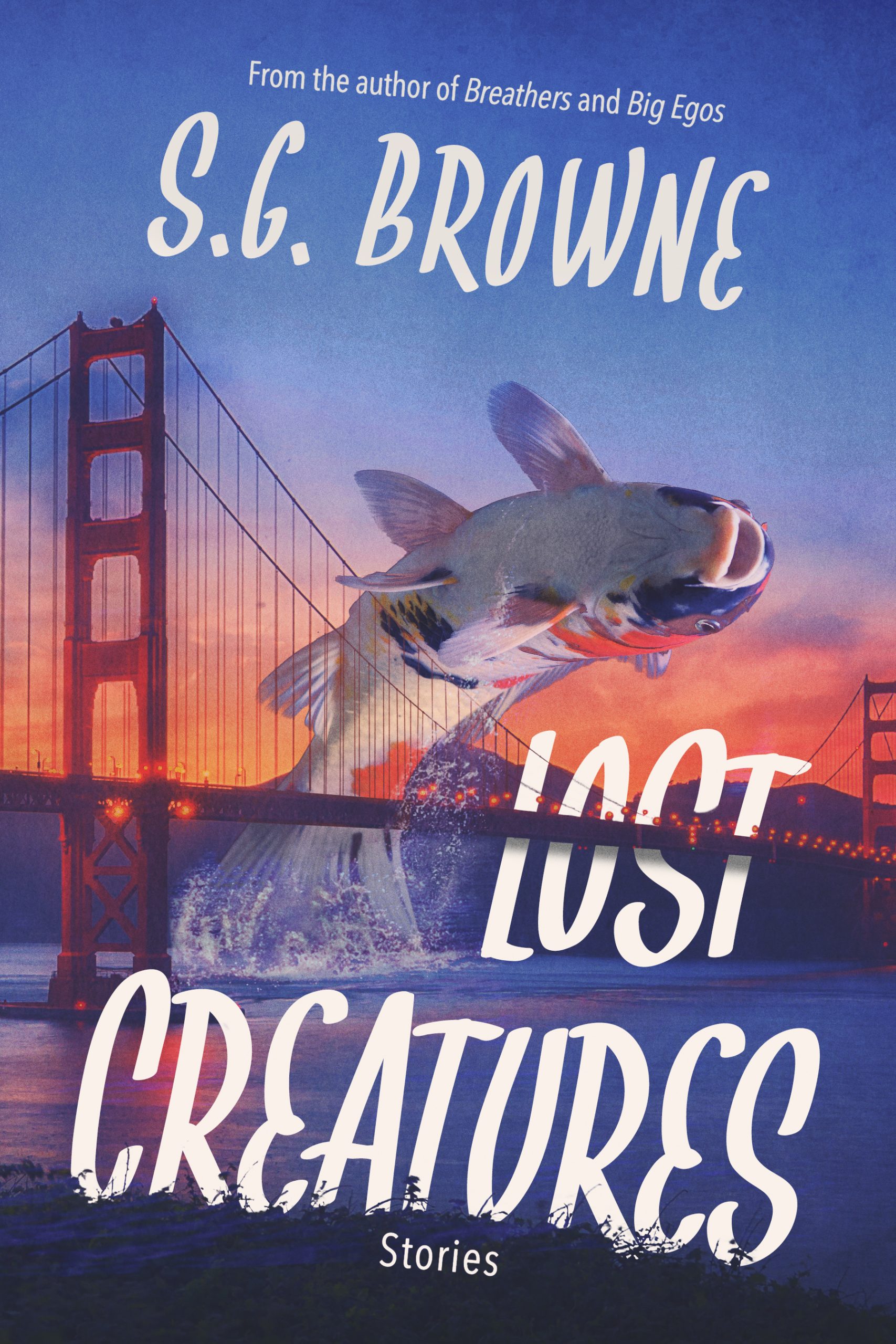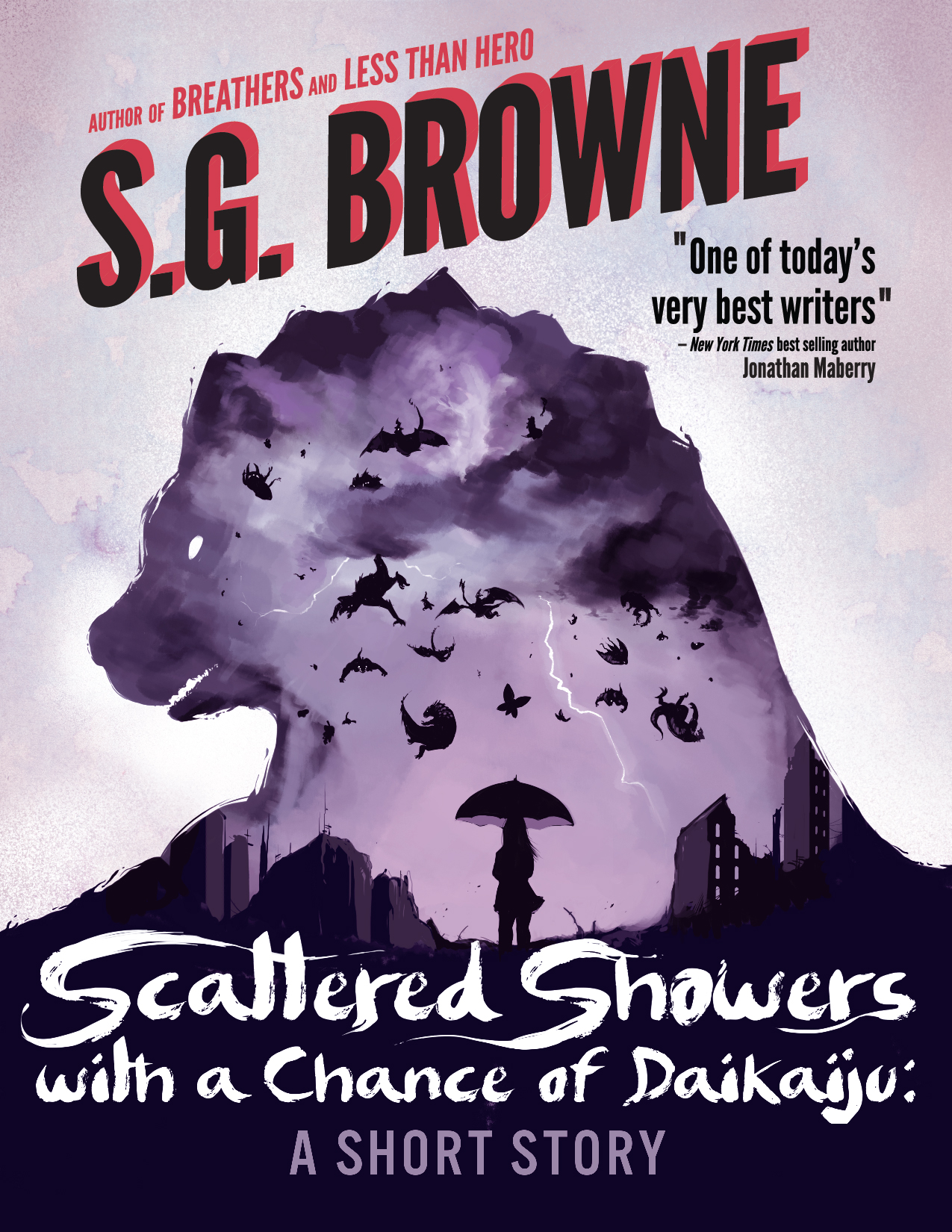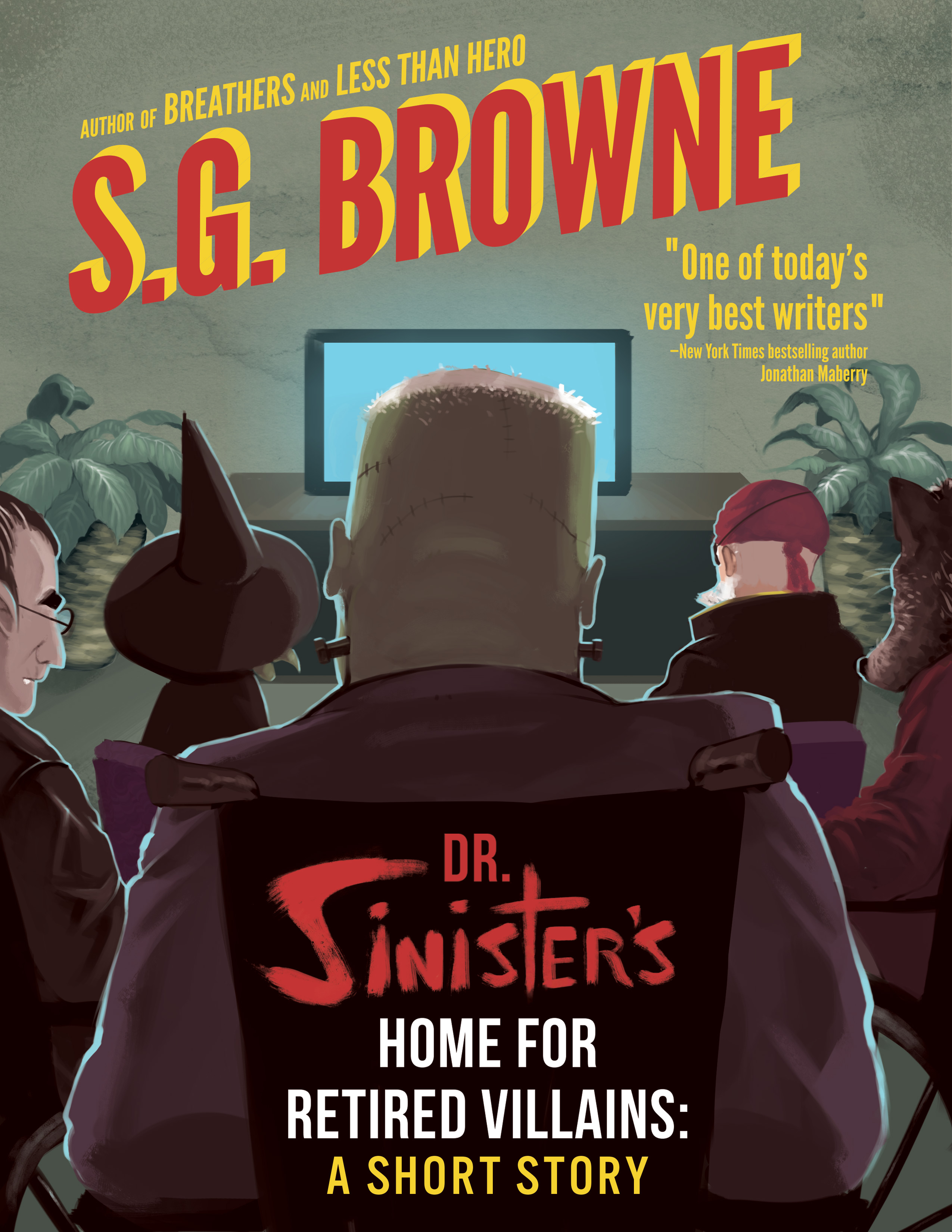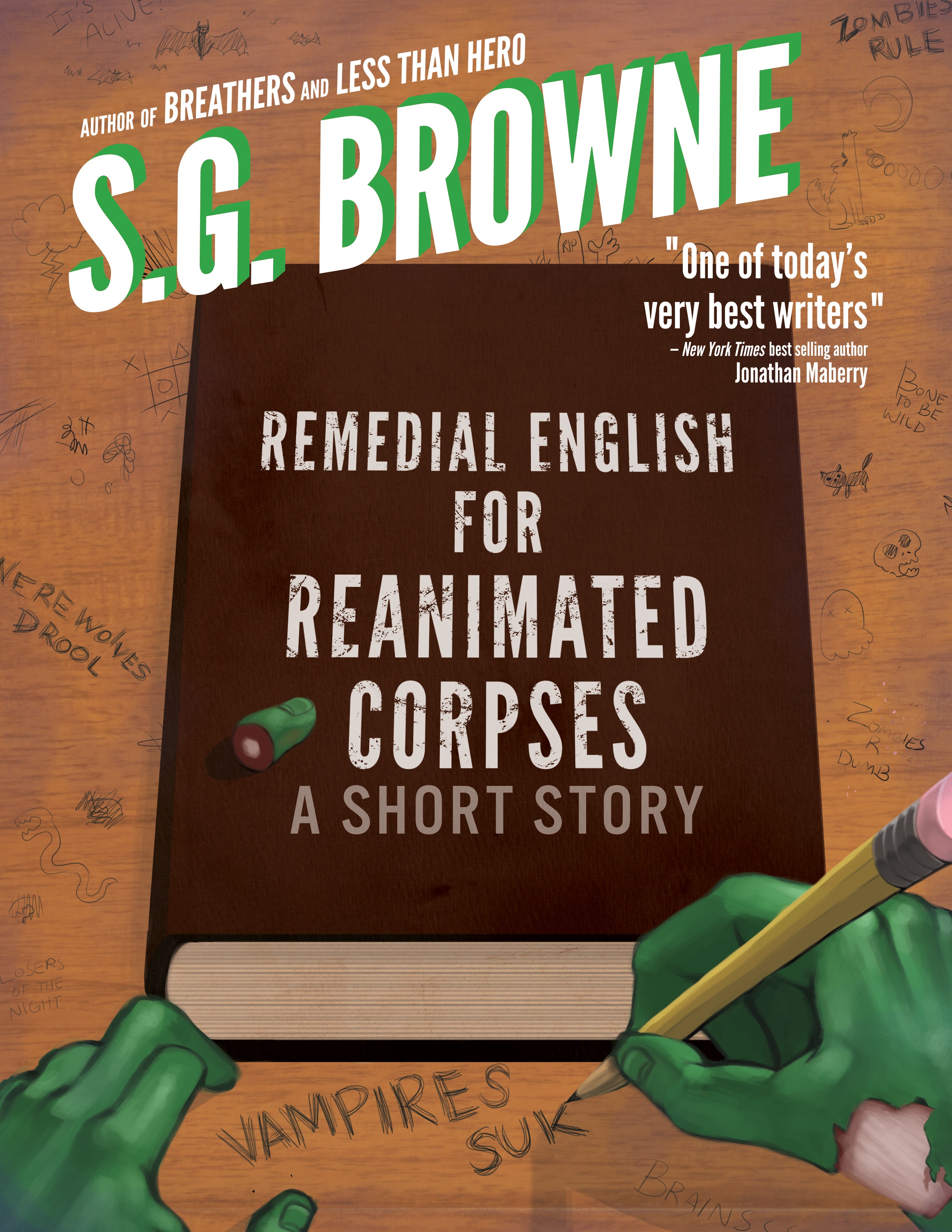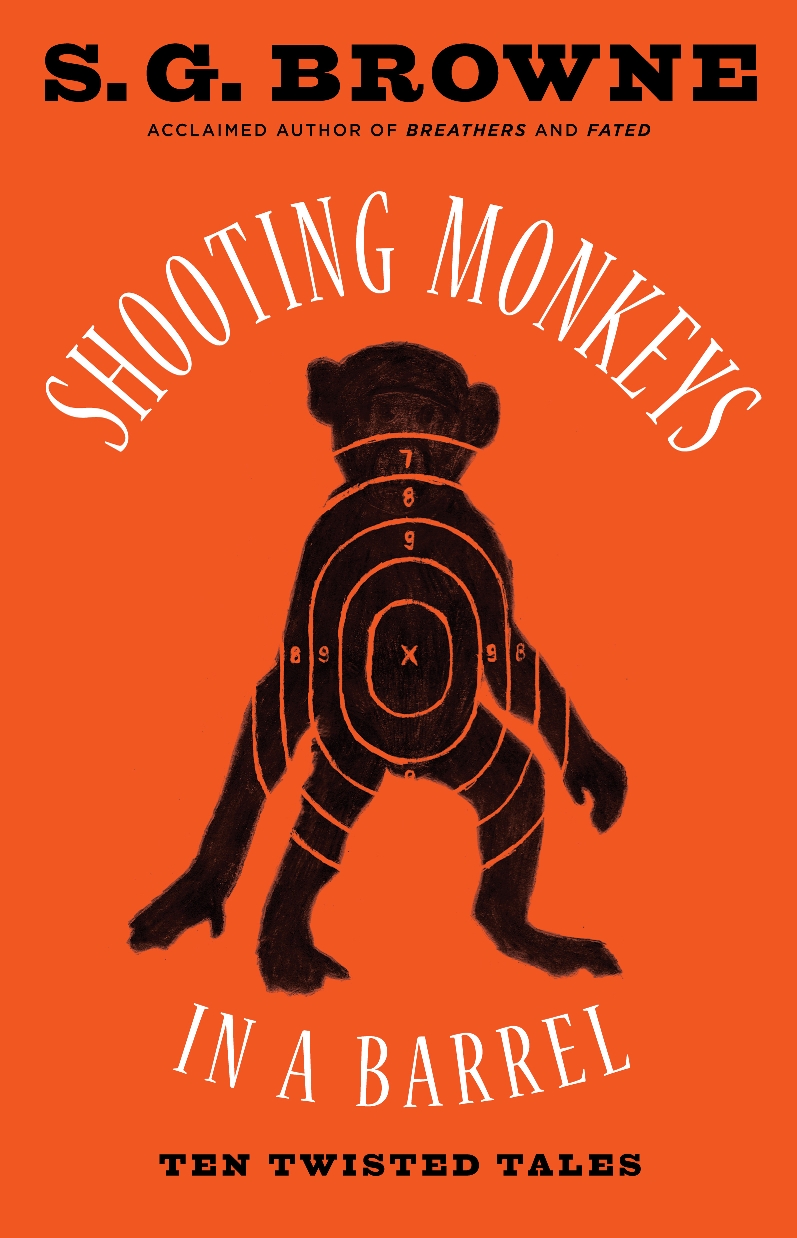The Writing Life: Submit to Your Story
Submit, submit, submit.
When I say this, I’m not encouraging a relentless stream of query letters to try to get published, nor am I attempting to use repetitive suggestion to get you to be my personal slave. Though I have to admit, the idea does have its merits.
No. What I’m talking about is submitting to your story, which is something Steven Soderbergh (director of such films as Traffic, Ocean’s 11, Contagion, Out of Sight, The Informant!, and sex, lies and videotape) talks about in a recent interview in New York Magazine. He also makes some comments about character and storytelling that resonate with me and draw some parallels between writing a novel and directing a film.
To this point, Soderbergh talks about giving actors as much freedom as possible and trying not to control them. He mentions that he’s “looking to amplify and showcase whatever it is about them that he finds compelling and submitting to what the film wants and needs to be.”
For me, it’s the same when I write a novel. As I’ve mentioned, I discover the story as I write it rather than plotting it out, which tends to result in the plot evolving from the characters rather than the other way around. So in order for my story to work, I have to get out of the way and allow my characters to do what it is they want to do rather than trying to control them and make their actions or motivations fit into some preconceived plot I’ve designed.
In other words, I submit to what the story wants and needs to be.
Submit, submit, submit.
(Now, after you pick up my dry cleaning, swing by the Coffee Roastery and get me a medium mocha, soy milk, no whipped cream.)
Another comment Soderbergh makes is that “there’s nothing more fun than watching a performer do something you don’t expect.”
I agree. I love it when my characters do or say something I hadn’t anticipated. Admittedly, sometimes this takes the story in a new direction that requires me to subdue the ten-year-old kid inside of me who wants to stomp his feet and jump up and down and complain:
“But I don’t want to go over there! I want to go over here!”
However, most of the time I just go with it because I figure my characters have a better understanding of their reasons than I do.
As an example, in my initial drafts of Breathers, the book doesn’t open with Andy waking up in the kitchen to discover that he’s killed his parents and stuffed them in the Amana bottom freezer, then flash back to the events that led up to his discovery. Instead, it opened at an Undead Anonymous meeting. The current opening, with the subsequent flashback, came in later drafts.
In my early drafts, about two-thirds of the way through the book, I had Andy going to court in a battle for his right to exist while leaving his parents intact. Or at least that’s where I thought the story wanted to go, but the whole thing felt laborious and uninspiring and forced. So when I finally decided to stop trying to force the story in a direction that wasn’t working and I just let Andy do what he wanted to do, he killed his parents in order to save himself from being shipped off to a zombie zoo.
As soon as I let that happen, as soon as I let Andy take control and I got out of the way, he did something that completely surprised me. Not only was that fun for me to see but it was also a learning experience. I stopped trying to control my characters and let them take charge.
I submitted to what the story wanted to be.
So if you find your story isn’t working, maybe it’s because you’re getting in the way of the characters and telling them what to do rather than letting them figure it out on their own.
Now if you’ll excuse me, I need to go bone up on my Jedi mind tricks.
